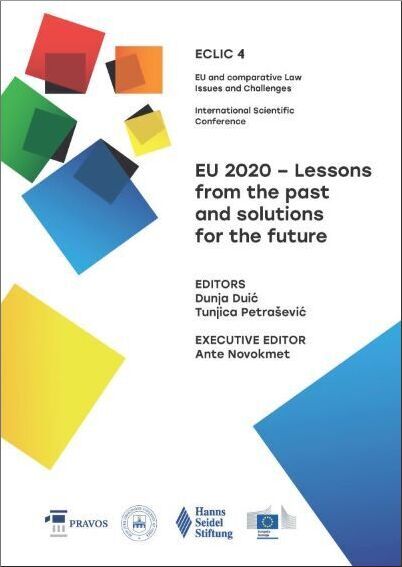COMPARATIVE ANALYSIS OF AN ADMINISTRATIVE APPEAL IN CROATIAN, SLOVENIAN, AND EU LAW
DOI:
https://doi.org/10.25234/eclic/11940Abstract
In administrative matters, parties enforce their rights and legal interests against obligations before the administrative authority of first instance; furthermore, they can file an appeal to the second instance if they deem decisions as illegal or as an injustice done. Exhaustion of the appeal is in most legal systems as well as according to Croatian (2009) and Slovenian (1999) General Administrative Procedure Acts ((G)APA) as a procedural prerequisite to file further courts action, also in a situation of administrative silence with a negative act fiction. Besides said national GAPAs, the paper addresses draft EU Regulation (2016) as an EU APA too, in order to provide a comparative analysis of various acts. The right to good administration requires that administrative acts be taken by EU administration among others pursuant to timeliness and efficient legal protection. Based on normative national law analysis and case study focus of this paper is put on the administrative appeal, including through the lenses of an access to court. Paper provides an insight in Croatian, Slovenian, and EU APAs in prominent matter since it addresses constitutional and international principles of sound public governance. Authors establish that Croatian and Slovenian GAPAs provide an appropriate legal ground to achieve common European standards, yet they seem too detailed and fragmented in several dimensions; hence, EU APA can serve as a role model of their modernisation.
Downloads
Published
How to Cite
Issue
Section
License
Copyright (c) 2020 Ana Đanić Čeko, Polonca Kovač

This work is licensed under a Creative Commons Attribution-NonCommercial 4.0 International License.
Authors retain the copyright on the papers published in the Journal, but grant the right of first publication to the Journal. Papers accepted for publication or already published in ECLIC of the Faculty of Law in Osijek may be published by the author(s) in other publications only with proper notice of its previous publication in ECLIC.


